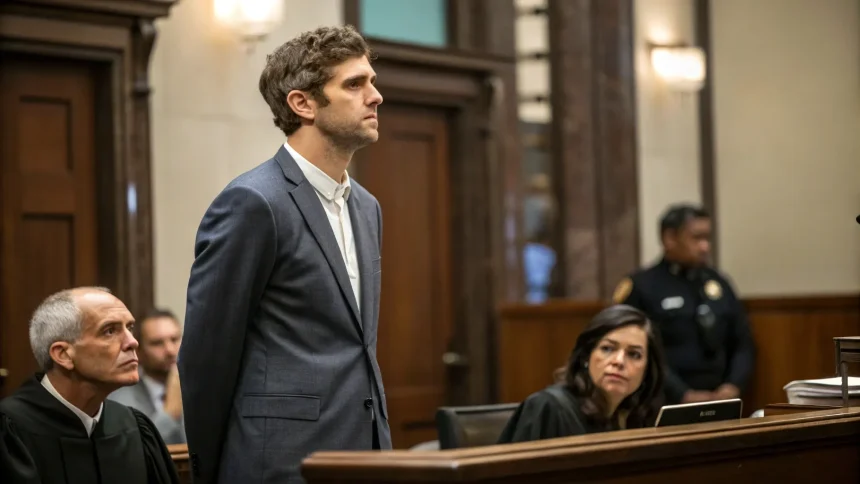Bryan Kohberger has agreed to a plea deal in the case involving the murders of four University of Idaho students, according to NBC News. The development marks a significant turn in a case that has captured national attention since the November 2022 killings.
Kohberger, who was arrested in December 2022 and charged with four counts of first-degree murder, had previously faced the possibility of the death penalty if convicted at trial. The terms of the plea agreement have not been fully disclosed to the public.
Understanding Plea Agreements in Criminal Cases
NBC News correspondent Gadi Schwartz provided insight into how plea deals function within the American justice system. Plea agreements represent a negotiated resolution between prosecutors and defendants, allowing cases to conclude without proceeding to a full trial.
Schwartz explained that plea deals serve multiple purposes in the criminal justice system:
- They reduce the burden on overcrowded court systems
- They provide certainty of outcome for both prosecution and defense
- They often result in reduced sentences compared to what might be imposed after trial
“Plea deals are extremely common in the American justice system,” Schwartz noted. “The vast majority of criminal cases – more than 90% by some estimates – end with plea agreements rather than jury trials.”
Impact on Victims’ Families
For the families of Madison Mogen, Kaylee Goncalves, Xana Kernodle, and Ethan Chapin – the four students killed in November 2022 – the plea deal brings both closure and questions. Many families of victims in high-profile murder cases have mixed feelings about plea agreements.
While a plea deal spares families the trauma of a lengthy trial and possible appeals, it may also leave them feeling that full justice wasn’t served if the punishment is perceived as insufficient. The emotional impact of such agreements varies widely among victims’ families.
“Some families prefer the certainty of a plea deal, while others want to see the full trial process play out,” Schwartz reported. “It’s an intensely personal decision that prosecutors typically discuss with victims’ families before finalizing any agreement.”
Legal Strategy Behind the Agreement
The decision to accept a plea deal can stem from various strategic considerations. For prosecutors, securing a definite conviction without risking an acquittal at trial may be paramount. For defense attorneys, mitigating potential penalties – especially in cases where evidence appears strong – often drives the decision.
In Kohberger’s case, the evidence reportedly included DNA samples, cell phone data, and surveillance footage that placed him near the scene. These factors likely influenced the defense’s decision to pursue a plea agreement.
“When evaluating whether to offer or accept a plea deal, both sides assess the strength of evidence, potential sentencing outcomes, and the resources required for trial,” Schwartz explained.
The Idaho murder case had already consumed substantial resources during the investigation phase, with multiple law enforcement agencies collaborating to identify and apprehend a suspect.
The plea agreement in this high-profile case reflects the practical realities of the criminal justice system, where full trials represent only a small percentage of case resolutions. While the legal proceedings may conclude more quickly than anticipated, the impact on the Moscow, Idaho community and the victims’ families continues as they process this latest development in their search for justice.









